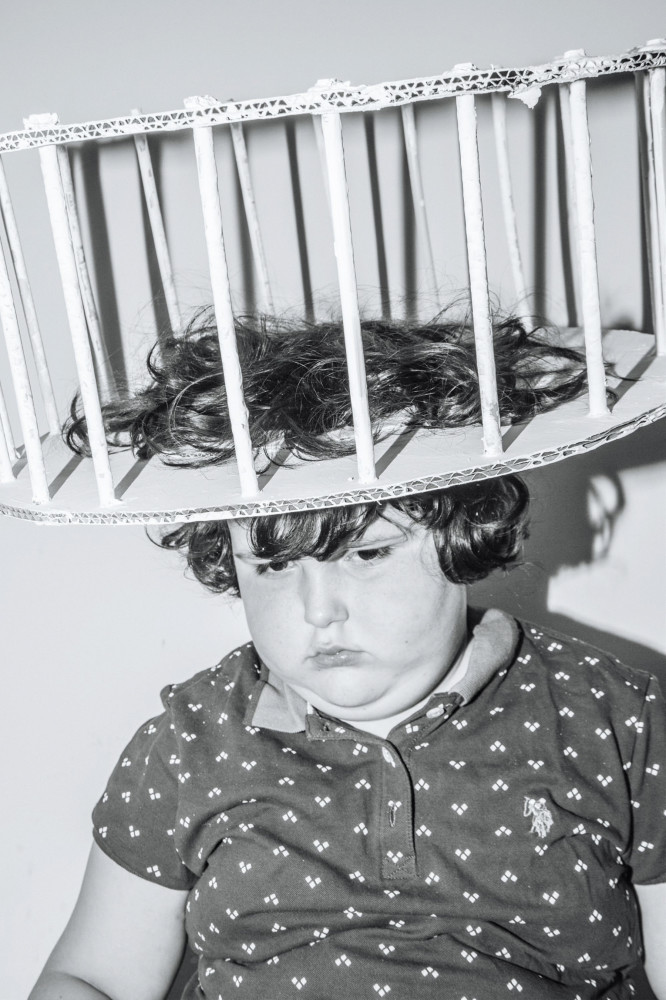
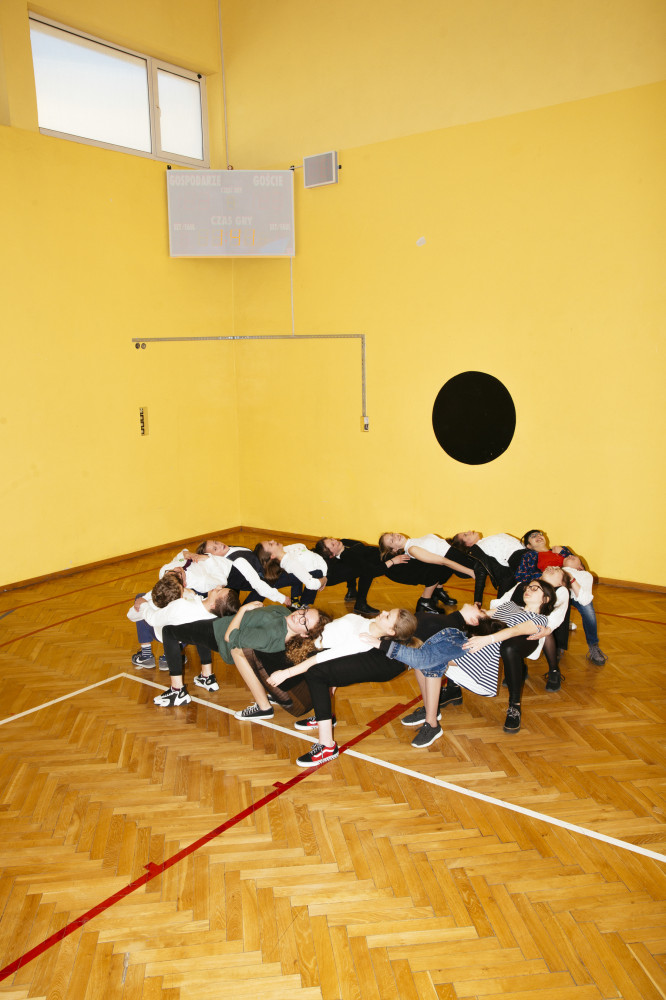
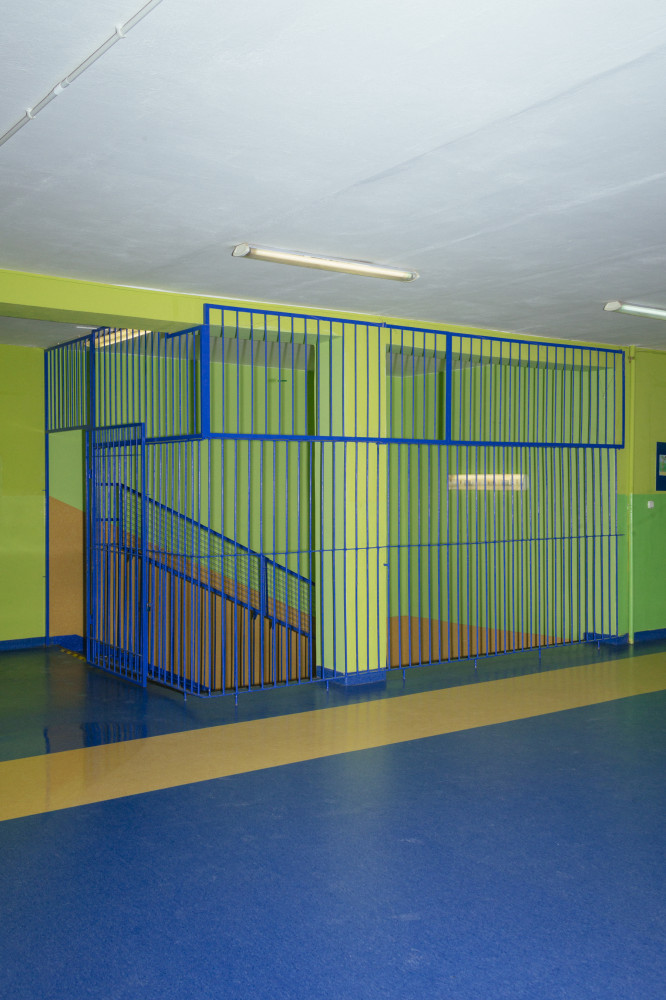
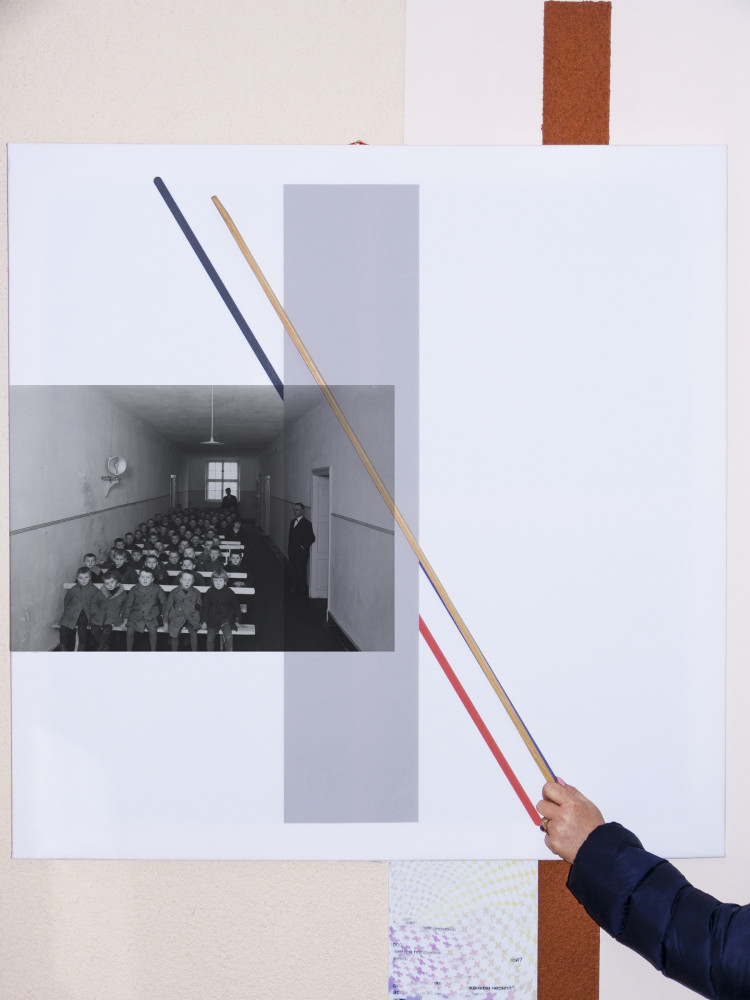
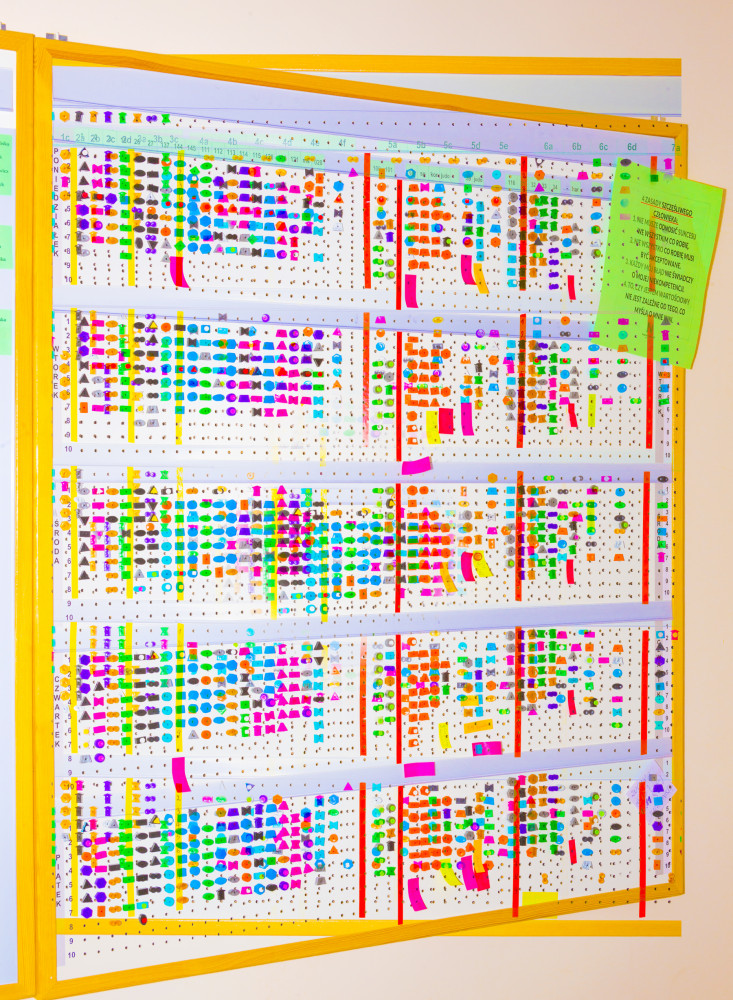
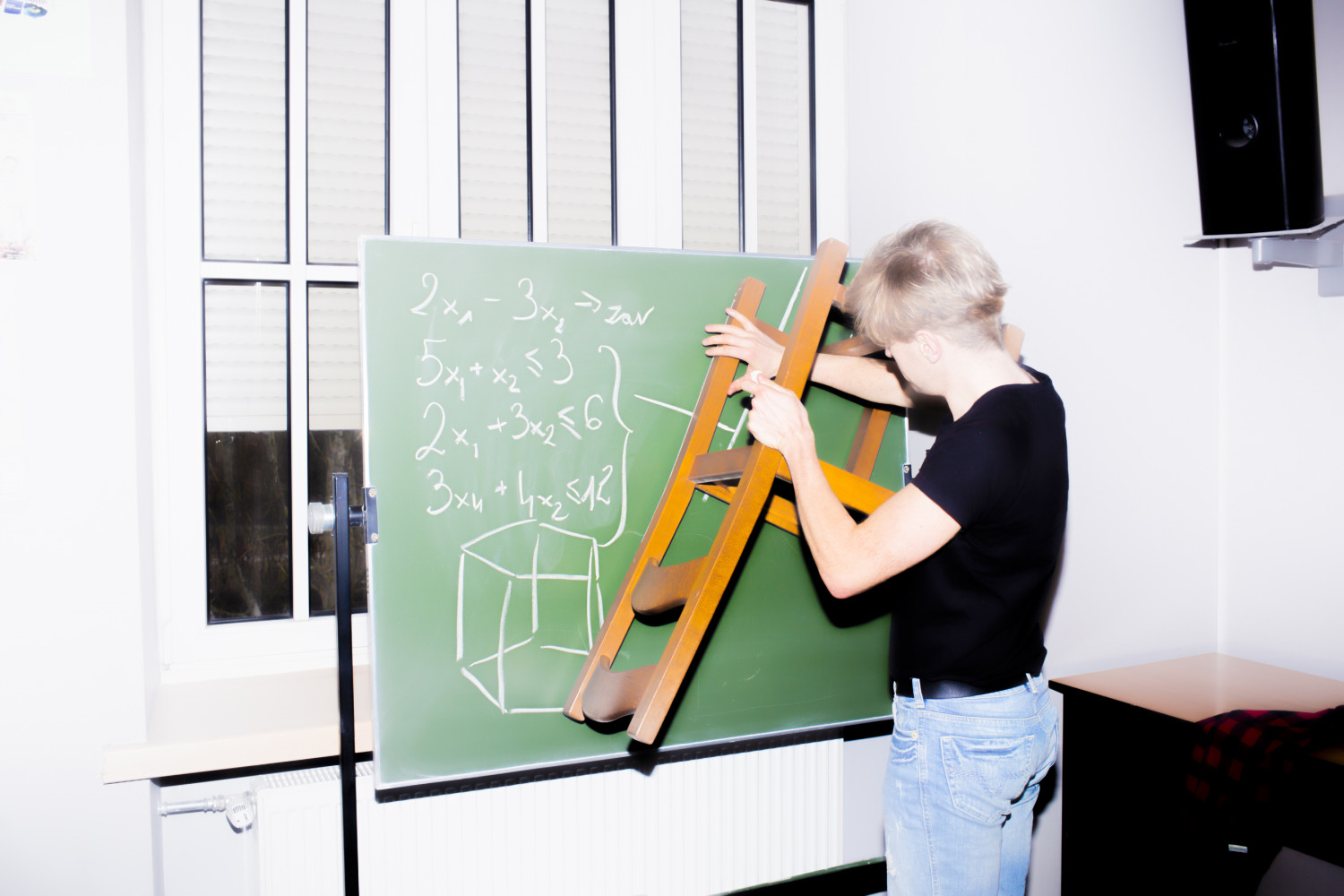
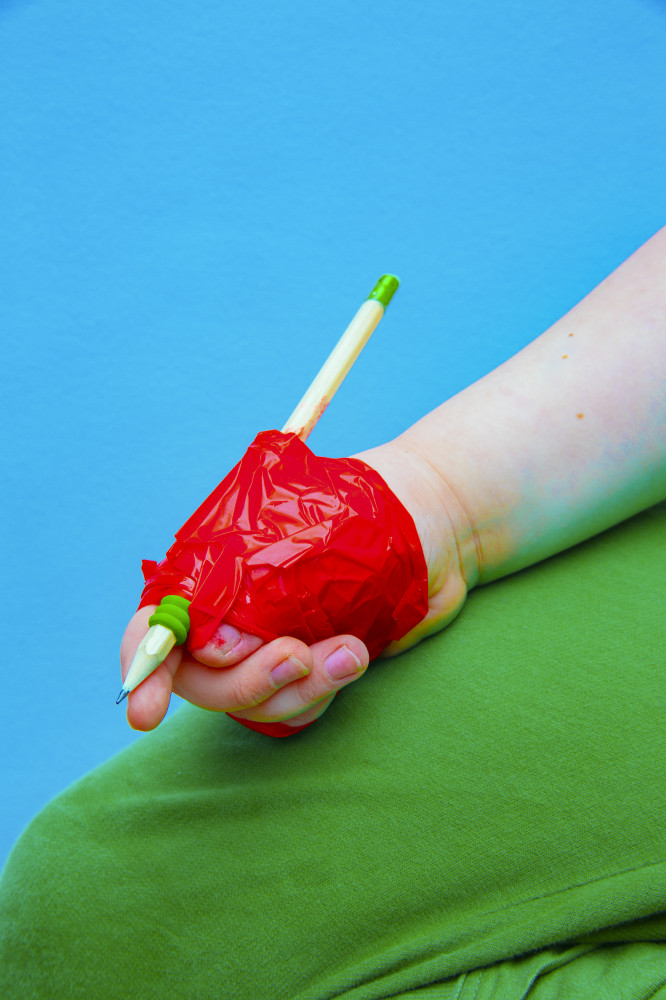
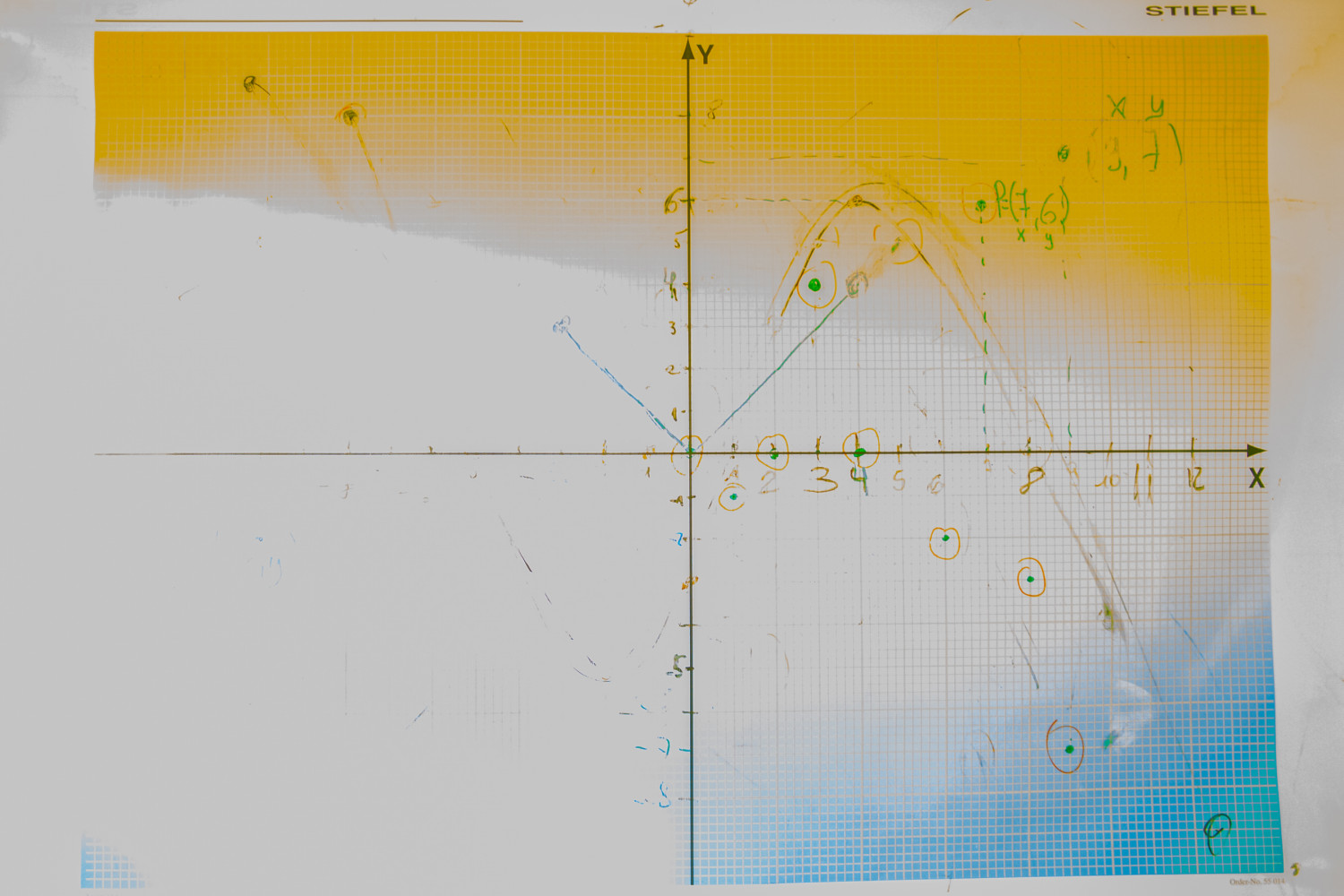
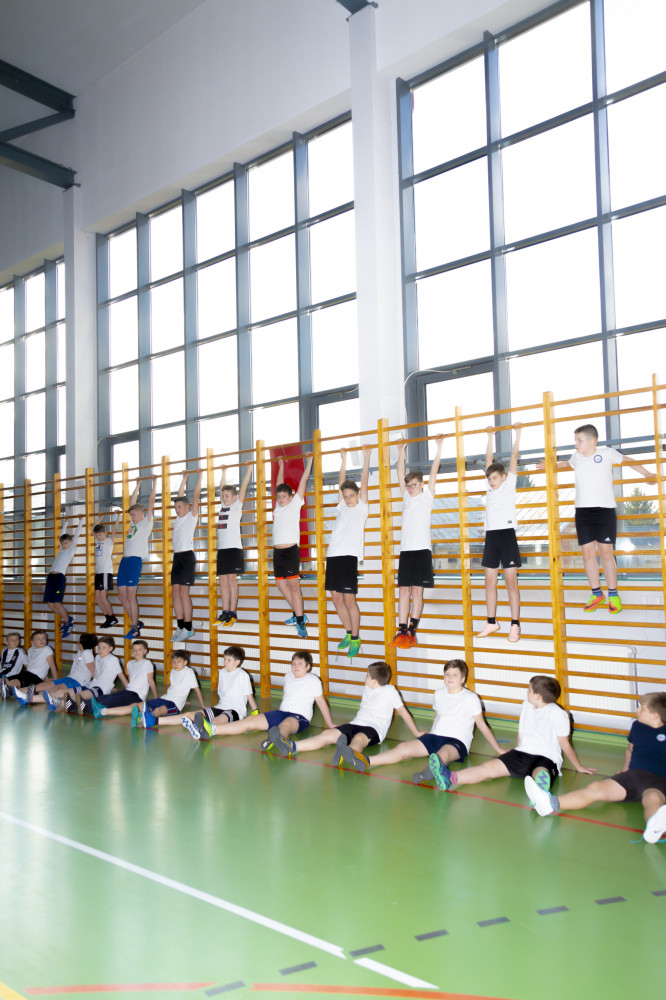
“The Republics of the future depend on how their youth is raised…” This is a quote written on the wall of the J. Zamojski Academy. What are Polish schools like? Well, everyone in Poland knows that quite clearly.
We can hear Gombrowicz chuckle from beyond the grave… Why? Well, simply because not a lot has changed since his time… He may have battled with the ‘bum’ and the ‘mug’, schematic ways of thinking, along the lines of “Słowacki was a great poet”… And he battled with the onslaught of ‘Form’ that spreads its arms over the entire scope of schooling. He wanted students to think, feel and judge for themselves. Did he manage to get his point across? Nope. Besides the fact that his works ended up on the margins, slated as superfluous and even dangerous for the youth… And here it’s not even about overloading the pupil with information, about the expectation that they ought to be geniuses at physics and chemistry, at maths or the humanities. It’s not about backpacks that weigh a ton… It’s more about the fact that we often find ourselves, as the saying goes, “throwing the child out with the bathwater”. Because we end up losing track of what’s important, lost in the muddle of all that knowledge. What should schools be responsible for today? Not just education, but cultivating sensibility and an appreciation for literature, open critique, learning to live. The pupil is subject to a constant stream of scholarly consciousness. If we want to see a generation of people free from inhibitions, homophobia; if we want to raise a democratic society of tolerant individuals, open to a multiplicity of cultures, then we have to stop and consider – who will take care of our elders? What will our relationships between friends and family look like?
Karolina Wojtas (born in 1996) is a photographer. She studies at the National Film School in Łódź and the Institute of Creative Photography in the Czech Republic. She lives in a colourful world of experiment and endless fun. She draws from children’s fantasies and memories. Inspiration may become for her a mess in the garden of her grandfather, or a huge slide. It is impossible to slip through her exhibitions, sometimes covered with brocade or balloons. But you can feel like a child – you can play, abandon and scrounge.
Karolina Wojtas’s photographs can be viewed at the 10th edition of the Warsaw Gallery Weekend at Fort Institute of Photography. Find more information at: instytutfotografiifort.org.pl/en/; warsawgalleryweekend.pl






